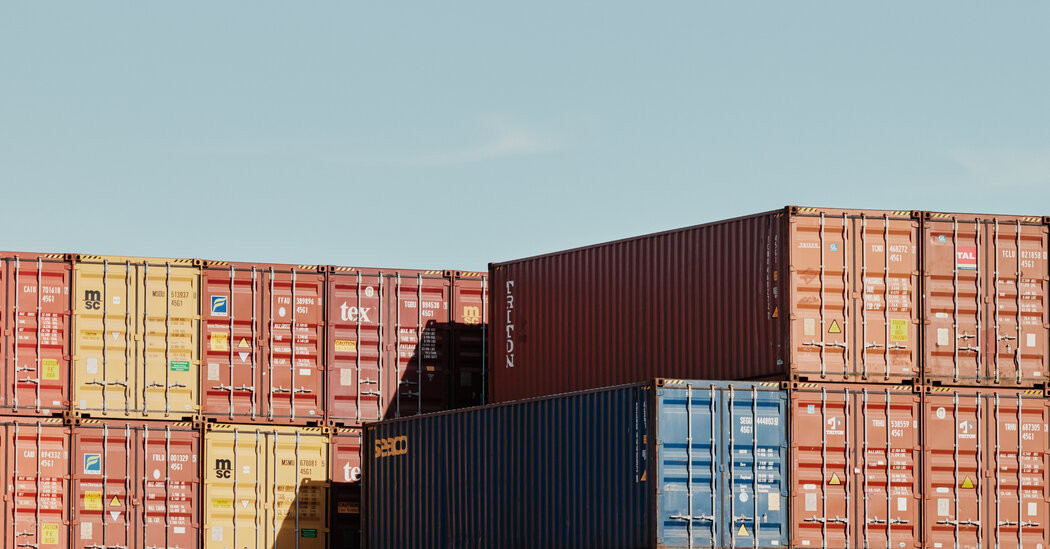

We explore his promise to impose a charge on foreign products entering the U.S.
President-elect Donald Trump calls tariffs “the most beautiful word in the dictionary.” He has talked about them again and again as a fix for America’s economic relationship with the rest of the world.
Tariffs are a charge on foreign products when they are brought across the border. By making foreign goods more expensive, tariffs encourage Americans to buy products from U.S. factories instead.
For Trump, this is a way to spur American manufacturing, create new jobs and lower U.S. trade deficits. He used them liberally in his first term, taxing hundreds of billions of dollars’ worth of metals, solar panels and Chinese goods. While running for president this year, he proposed even larger tariffs — of 60 percent or more on China, and up to 20 percent on most goods from other countries.
Some doubt whether Trump will follow through with these plans. But I think it’s safe to assume he’s serious about moving forward with some of them. The Morning is running a series on the policies Trump and his congressional allies may implement next year. In today’s installment, I’ll talk about his promise to impose tariffs.
Trump advisers describe tariffs as a “core belief” for the president-elect. He has sung their praises for decades. Today he says they can also raise money to fund tax cuts and force other governments to make concessions on trade and immigration.